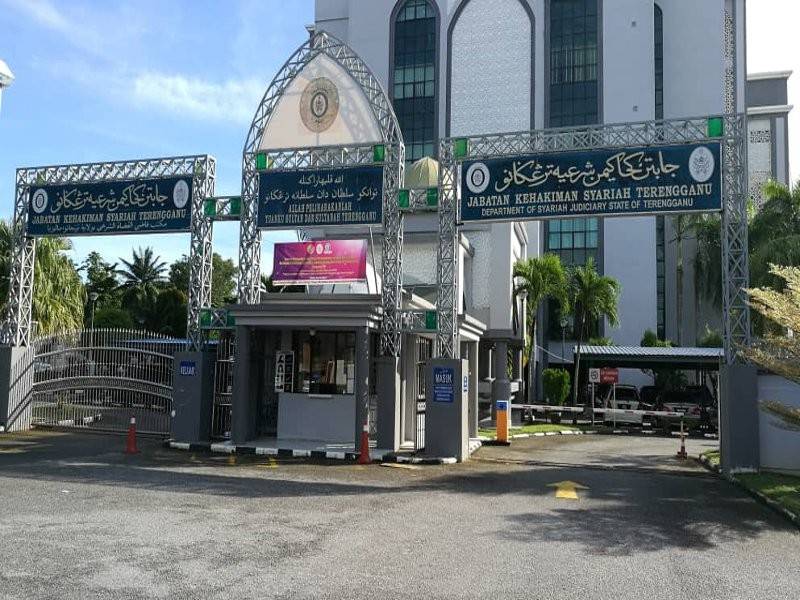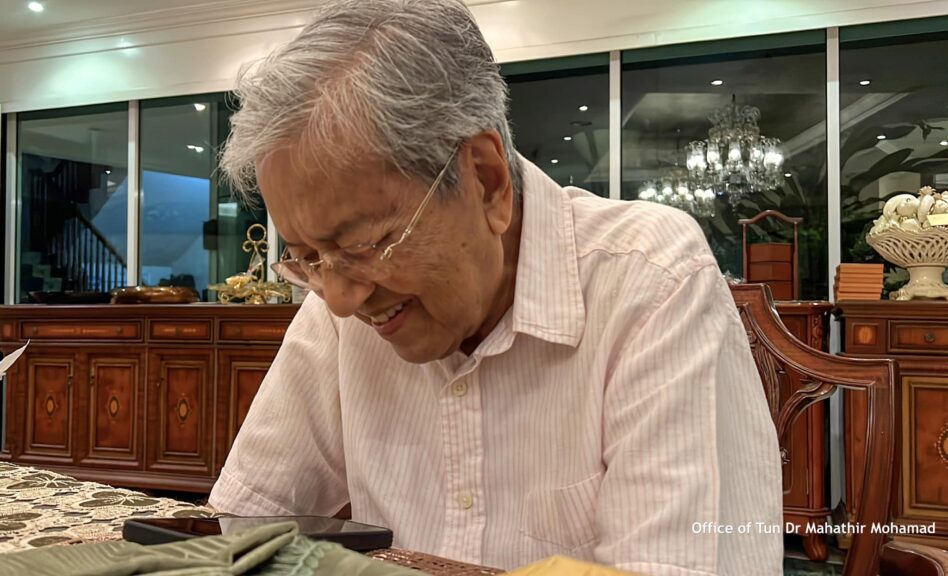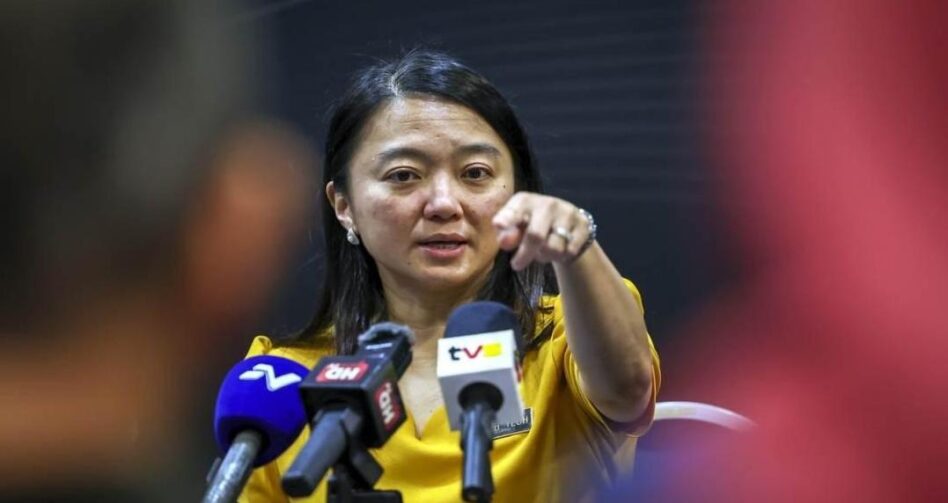AS contract medical officers (MO) and the Health Ministry (MOH) are at loggerheads over the former’s employment future, a former minister spoke on how skewed policies resulted in the current mess.
“The Government came up with the contractual format due to disruption in the supply and demand of doctors years back.
“There were too many doctors graduating but positions in the Government were limited. Some of them even had to wait for two years before getting a place for houseman ship.
“So, MOH and the Public Service Department (PSD) came up with the contract staff format to address the matter,” former Health Minister Datuk Seri Dr S Subramaniam in an interview with FocusM.

Recently, contract MOs have threatened to launch a strike as they were unhappy that over 23,000 of them have yet to get absorbed automatically as permanent staff, as was the practice in the past.
Many of them have been serving since December 2016, adding they were upset that the Government had only promised to extend their contracts until December next year.
On June 23, Health Minister Datuk Seri Dr Adham Baba said that the Government has never stopped taking medical graduates for training, even during the pandemic crisis.
Responding to the calls made by the Malaysian Public Health Medical Association and the Malaysian Islamic Doctors Association, Adham added that the Government would ensure that medical graduates, especially bumiputera, can serve on a permanent basis and reduce unemployment rate.
However, the Malaysian Medical Association (MMA) lashed out at the minister for his statement, saying racial or religious prejudices should not influence the selection of officers or whether they would serve in permanent appointments.
On what caused the current problem, Subramaniam said it was due to mushrooming numbers of private medical colleges across Malaysia.
“In my time, we had about 33 public and private institutions offering medical courses. That is excluding those who went overseas to study medicine due to financial reasons.
“For example, one may need to spend between RM400,000 to RM500,000 to study medicine locally. However, the cost can be halved if they study at varsities in Indonesia or Russia,” he stated.
Realising a problem, the Malaysian Qualifications Agency (MQA) and MOH had a meeting several years back and proposed to raise entry qualification for those who wished to study medicine, adding the criteria applied between public and private varsities were different too.
“Unfortunately, the Higher Education Ministry rejected the proposal,” he claimed.

Weak policies, supply and demand mismatch
In addition, Subramaniam said that under Medical Act 1971, MOH is required to offer graduating doctors houseman ship at public healthcare facilities to help them get the necessary work experience.
Upon houseman ship completion, the MOH reserved the right on whether to offer the housemen permanent posts or otherwise.
“The process has always been transparent and allowed candidates to know whether they get permanent posts or not. However, I’m not sure how the process works now.
“During my tenure, I placed emphasis on skills and performance. I also required candidates to have serious interest in specialising before considering them for permanent posts,” he stated.
In general, Subramaniam acknowledged that there were weaknesses in the current system which is affecting career progression of MOs.
For starters, the veteran dermatologist said that in Malaysia, a Government doctor needs to be a permanent staff if they wished to specialise in local universities.
“Without permanent post, they may not even be eligible for scholarships for further studies. In a nutshell, the current system deters non-permanent MOs from specialising,” he added.
Offering solutions, Subramaniam urged the Government to do away with the criteria that only MOs with permanent posts are allowed to specialise.
He added that all MOs, permanent or contractual, must be given the same opportunity to specialise if they were interested to do so.
As for foreign medical graduates, he urged the Government to compel the former to sit for a local qualification test before being hired into Government service.

“This system is also applied in other countries such as Canada, Australia and the UK to ensure medical officers meet their standards,” he stated.
Subramaniam noted that the Government had issued a moratorium against new medical courses until the supply and demand issue was addressed.
“However, this will take years to stabilise. We had an oversupply of nursing graduates in the past until they couldn’t get a job and had to take up employment in other fields.
“But after issuing a moratorium on nursing courses, the situation has stabilised in recent years,” he added.
For the short-term, Subramaniam said that COVID-19 has exposed various flaws in the public healthcare system and the Government must hire more permanent MOs to meet demand.
On the proposed strike by MOs, Subramaniam urged the former not to resort to such action as the country was going through a pandemic crisis.
“While I understand their predicament but I feel launching a protest when the country is under Emergency rule due COVID-19 will be seen as an irresponsible act by many,” he opined. – June 29, 2021.










